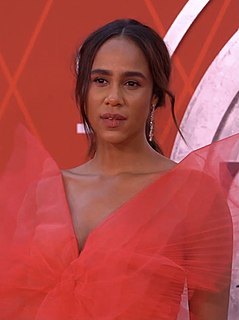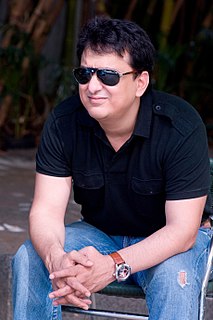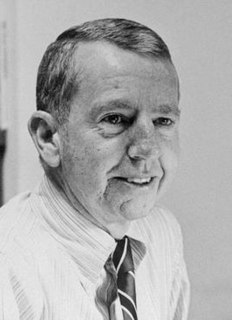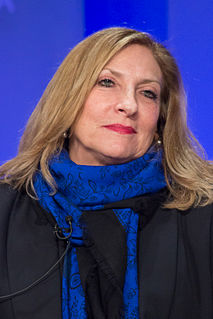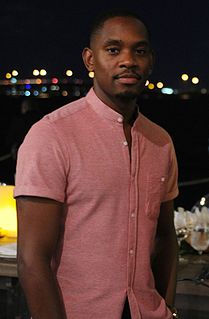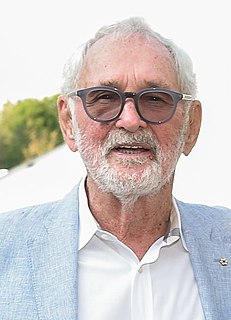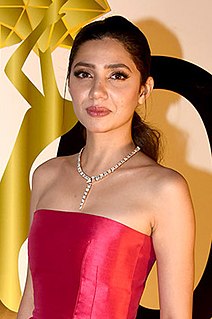A Quote by Zawe Ashton
The chasm between independent film and commercial film is now so wide. You either have to be super-famous and get a first-time director or writer's indie script off the ground, or you're a newcomer and go and put a cape on for four years.
Related Quotes
We made 'Mickey and the Bear' with barely any money with a first-time director, a first-time director of photography, and a crew who had just graduated from NYU film school. We were all very much in this together for the first time. There's no famous actor or big explosions. It's not a Marvel movie. I thought nobody was going to see this film.
After I read the story of 'Dangal' and before the film released, I called director Nitish Tiwari asking him if he had any good script. He told me to wait for some time. So we had three-four sittings, and this film, 'Chhichhore,' came to him. The film did not have superstars, but I felt that this is the script that needs to be told.
The first thing I say when people ask what's the difference [between doing TV and film], is that film has an ending and TV doesn't. When I write a film, all I think about is where the thing ends and how to get the audience there. And in television, it can't end. You need the audience to return the next week. It kind of shifts the drive of the story. But I find that more as a writer than as a director.
With a good script a good director can produce a masterpiece; with the same script a mediocre director can make a passable film. But with a bad script even a good director can’t possibly make a good film. For truly cinematic expression, the camera and the microphone must be able to cross both fire and water. That is what makes a real movie. The script must be something that has the power to do this.
In this land of unlimited opportunity, a place where, to paraphrase Woody Allen, any man or woman can realize greatness as a patient or as a doctor, we have only one commercial American filmmaker who consistently speaks with his own voice. That is Woody Allen, gag writer, musician, humorist, philosopher, playwright, stand-up comic, film star, film writer and film director.
Me and Kirby are very collaborative and it changes from film to film. The first project we worked on together, Derrida, we co-directed. The last film Outrage, I was the producer and he was the director. This film was much more of a collaboration - he is the director and I am the producer - but this is a film by both of us.
Well, there's two things I have criteria for doing a film: The script, which is the story, and the filmmaker, and it's a filmmaker's medium. I like really strong directors, and so when I do a film, I'm out there to serve the director, really, which is in turn to serve the script, to serve the director cause he's the one making the film. I relied on Todd Haynes for that.
